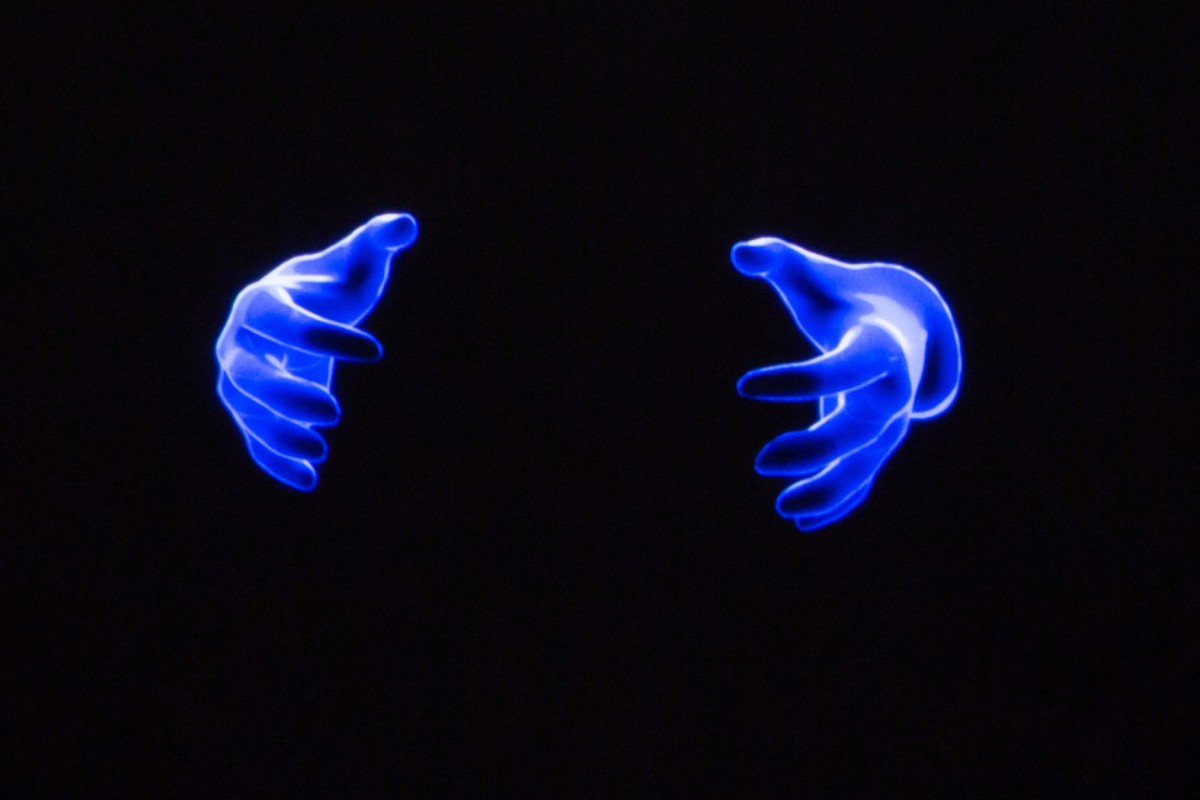Lecture | ‘Cyborg Minds in Designer Worlds’ by Andy Clark
6.30 - 8pm

Professor Andy Clark was one of the first thinkers to articulate the idea of the extended mind and he remains its most internationally prominent advocate. Following an Interdisciplinary Symposium (click here for more information) he will deliver a keynote public lecture entitled ‘Cyborg Minds in Designer Worlds’.
‘We are entering an age of widespread human enhancement. The technologies range from wearable, implantable, and pervasive computing, to new forms of onboard sensing, thought-controlled equipment, personal Artificial Intelligences, intelligent prosthetic limbs, humble but transformative waves of smartphones, and the humanly engineered landscapes of augmented, virtual, and mixed realities. Courtesy of this tidal swell of self-creation, we should start to recognize ourselves not as neatly bounded biological organisms but as repeatedly reconfigurable nodes in a flux of innovation and reinvention. This increasing fluidity brings new opportunities, but new challenges too. It has implications for law, social policy, education, and human rights. One powerful means by which we may explore, understand and interrogate these pressing issues is though artworks, which might themselves be seen as examples of designer environments for human thinking and understanding. As these perspectives (art, science, philosophy) collide, they generate new opportunities to look at ourselves, and to ask the fundamental question: Where does the human mind stop, and the rest of the world begin?’ Andy Clark
The events on 31 January have received financial support from the University of Stirling, University of Edinburgh (School of Philosophy, Psychology and Language Sciences), Edinburgh University Press and the Scots Philosophical Association. Professor Andy Clark’s public lecture is sponsored by the Royal Institute of Philosophy. We gratefully acknowledge all this support.
Admission Free
Click to book
For questions about the content of the symposium please contact one of the organisers, Miranda Anderson (miranda.anderson@stir.ac.uk) or Michael Wheeler (m.w.wheeler@stir.ac.uk)
Biography:
Andy Clark is Professor of Cognitive Philosophy at the University of Sussex and Professor of Philosophy at Macquarie University. With David Chalmers, he co-authored the philosophical paper that first articulated and defended the idea of the extended mind (‘The Extended Mind’, Analysis, 1998). Since then he has arguably done more than anyone to explore what it means to say that the mind is not always bounded by the limits of the biological organism, but sometimes extends into the world. His numerous books include Surfing Uncertainty: Prediction, Action, and the Embodied Mind (Oxford University Press, 2016), Supersizing the Mind: Embodiment, Action, and Cognitive Extension (Oxford University Press, 2008), Natural-Born Cyborgs: Minds, Technologies, and the Future of Human Intelligence (Oxford University Press, 2003) and Being There: Putting Brain, Body, and World Together Again (MIT Press, 1998).
The Extended Mind exhibition is funded by the Arts and Humanities Research Council under the broader project heading, The Art of Distributed Cognition (2019-20). The core academic team is Miranda Anderson (Philosophy and Literature, Stirling), Douglas Cairns (Classics, Edinburgh), Mark Sprevak (Philosophy, Edinburgh) and Michael Wheeler (Philosophy, Stirling), working alongside colleagues at the Talbot Rice Gallery, especially James Clegg and Tessa Giblin. An associated off-site performance piece by Myriam Lefkowitz, entitled Walk, Hands, Eyes (Edinburgh), is supported by Creative Scotland. The Art of Distributed Cognition builds on a prior AHRC-funded project, A History of Distributed Cognition (https://www.hdc.ed.ac.uk/).
University of Edinburgh
Old College, South Bridge, Edinburgh EH8 9YL
